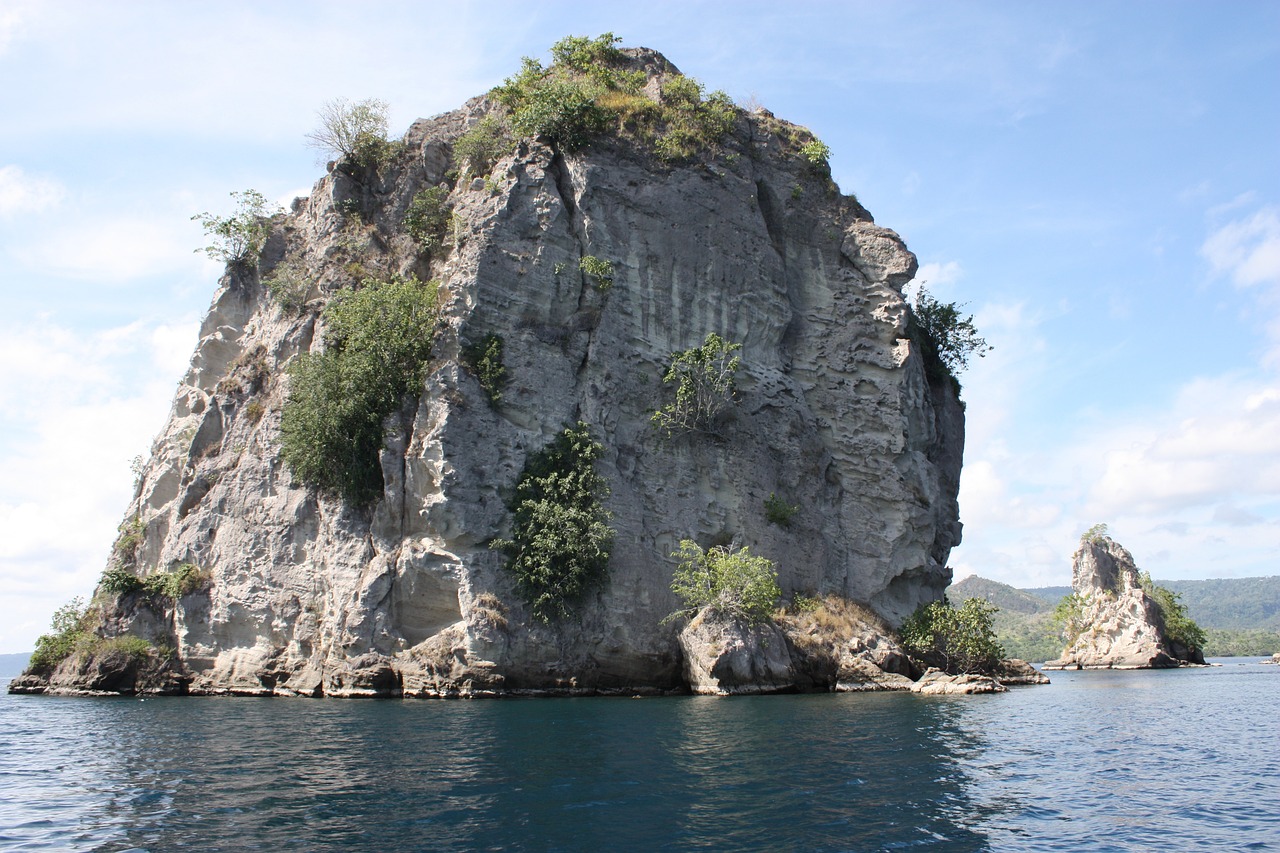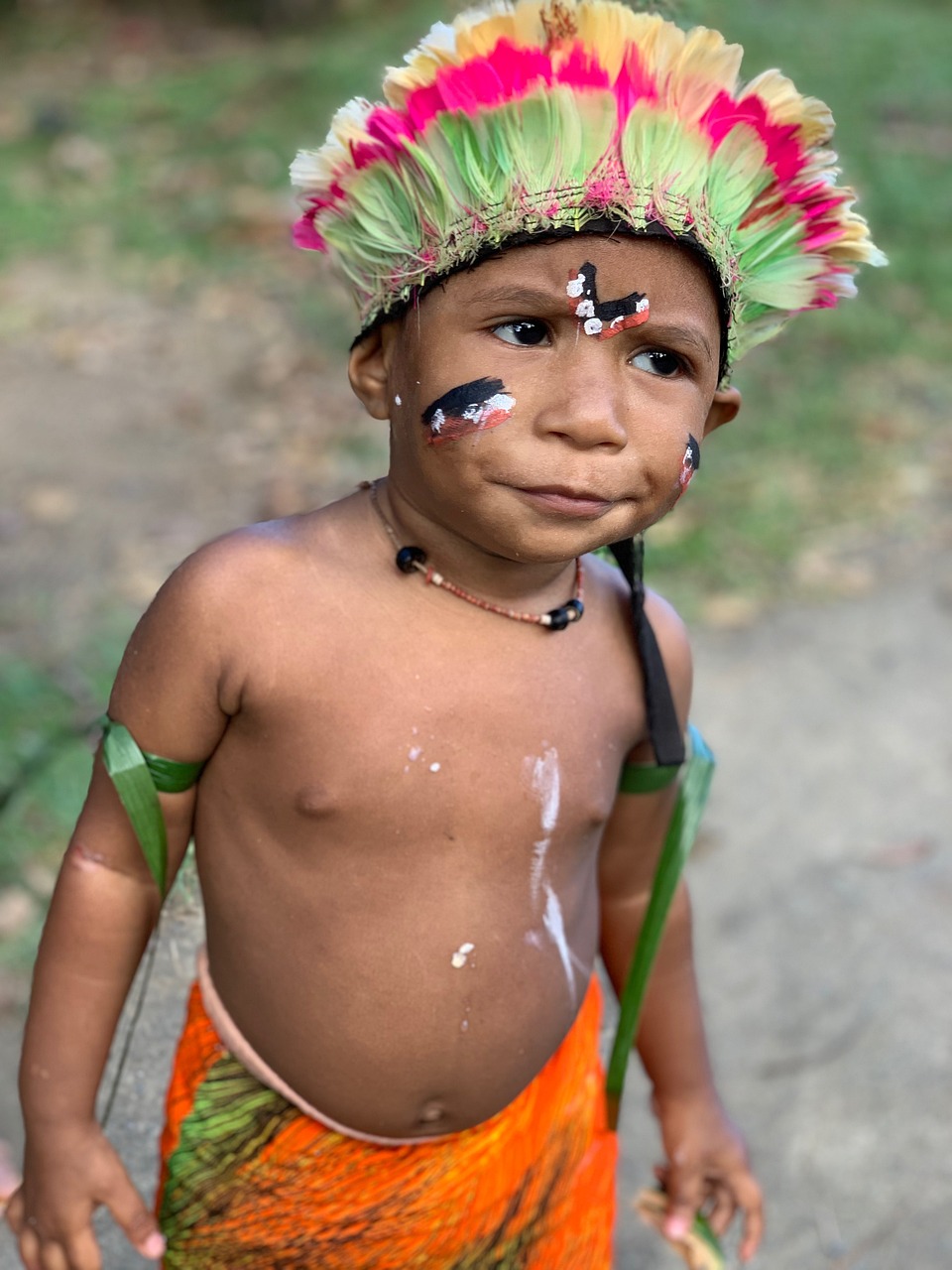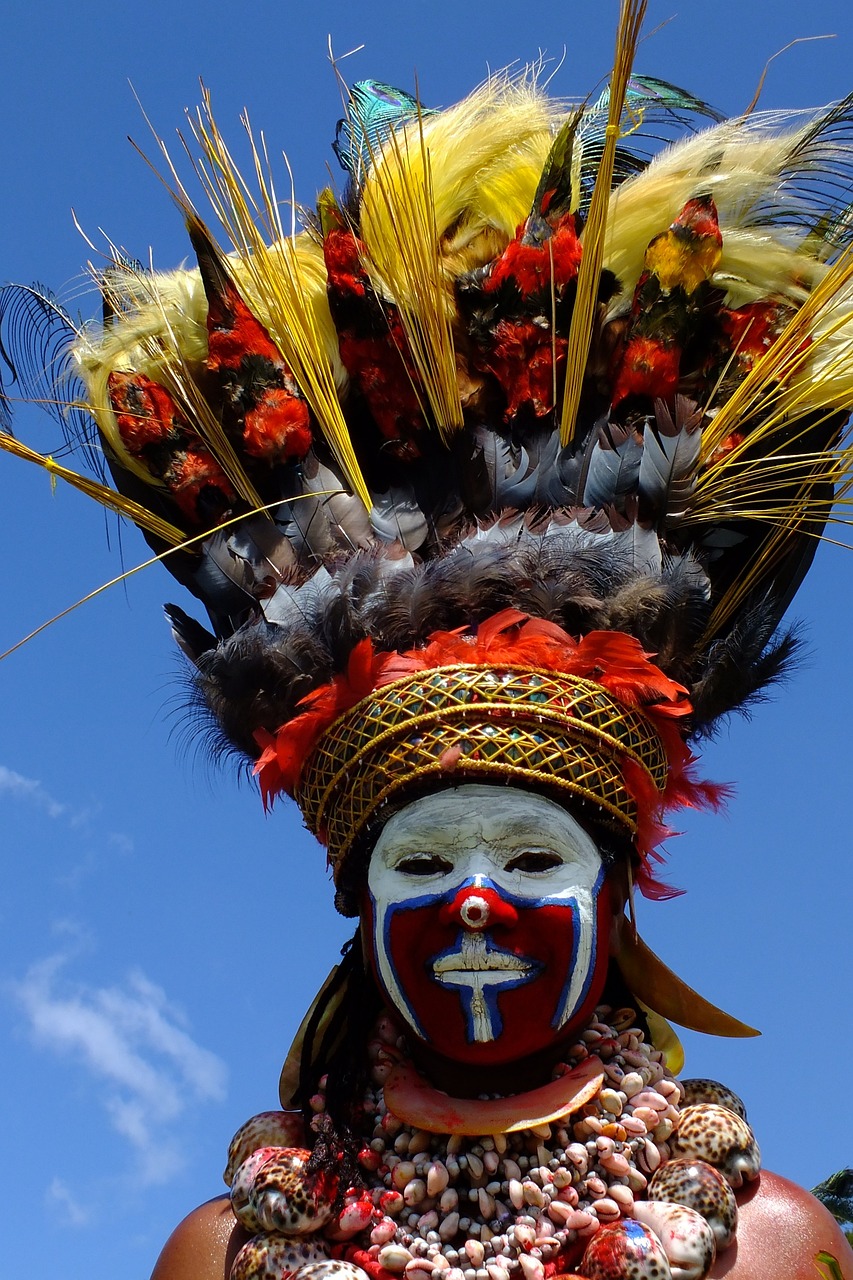Introduction
Papua New Guinea, located in the southwestern Pacific Ocean, is a country known for its diverse culture, natural beauty, and unique wildlife. With a population of over 8 million people, the health and wellness of its citizens is of utmost importance. In this article, we will explore various aspects of keeping up with health and wellness in Papua New Guinea, including healthcare facilities, traditional medicine, healthy living practices, and more.
Healthcare Facilities
Papua New Guinea has a mix of public and private healthcare facilities that cater to the needs of its population. Public hospitals and clinics are available in major cities and towns, providing general medical services to the public. Private hospitals and clinics offer a higher level of care and are often preferred by those who can afford it. Some notable healthcare facilities in Papua New Guinea include Port Moresby General Hospital, Angau Memorial Hospital, and Mount Hagen General Hospital.
- Port Moresby General Hospital: Located in the capital city, Port Moresby General Hospital is the largest referral hospital in the country. It offers a wide range of medical services, including emergency care, specialized surgeries, and outpatient services.
- Angau Memorial Hospital: Situated in Lae, the second-largest city in Papua New Guinea, Angau Memorial Hospital provides comprehensive healthcare services to the local population. It has various specialized departments, such as pediatrics, obstetrics, and orthopedics.
- Mount Hagen General Hospital: Located in the Western Highlands Province, Mount Hagen General Hospital serves the surrounding communities with quality healthcare. It has departments for internal medicine, surgery, and maternity care.
Traditional Medicine
Traditional medicine plays a significant role in the healthcare system of Papua New Guinea. Many communities rely on traditional healers and herbal remedies for their health and wellness needs. Traditional medicine is deeply rooted in the country’s cultural heritage and is often used alongside modern medical practices. It encompasses various practices, such as herbal medicine, spiritual healing, and traditional rituals. It is important to note that while traditional medicine can be beneficial, it is essential to consult trained professionals and seek evidence-based treatments when necessary.
- Herbal Medicine: Herbal medicine is widely practiced in Papua New Guinea, with various plants and herbs used for their medicinal properties. Examples include the use of papaya leaves for their antimalarial effects and the application of coconut oil for skin ailments.
- Spiritual Healing: Spiritual healing is a common practice in many communities, where traditional healers use rituals and ceremonies to address physical and mental health issues. These healing practices often involve connecting with ancestors and seeking guidance from the spiritual realm.
- Traditional Rituals: Traditional rituals are performed to promote healing and well-being. They may involve chanting, dancing, or other ceremonial activities. These rituals are believed to restore balance and harmony within the body and the community.
Healthy Living Practices
Maintaining a healthy lifestyle is crucial for overall well-being. In Papua New Guinea, there are several practices that promote healthy living and contribute to better health outcomes.
- Healthy Diet: Consuming a balanced diet rich in fruits, vegetables, whole grains, and lean proteins is essential for good health. Traditional Papua New Guinean cuisine often includes fresh produce, seafood, and locally sourced ingredients.
- Physical Activity: Regular exercise is important for maintaining physical fitness and preventing chronic diseases. Engaging in activities such as walking, hiking, swimming, and traditional dances can help improve cardiovascular health and overall fitness.
- Mental Well-being: Taking care of mental health is equally important. Engaging in stress-relief activities, seeking support from friends and family, and practicing mindfulness techniques can contribute to better mental well-being.
Preventive Measures
Prevention is key to maintaining good health. Papua New Guinea emphasizes the importance of preventive measures to reduce the risk of diseases and promote overall well-being.
- Vaccinations: Immunizations are crucial for preventing infectious diseases. Papua New Guinea follows a national immunization program that provides vaccines to protect against diseases such as measles, polio, and tuberculosis.
- Health Education: Raising awareness about health issues and promoting health education is vital. Public health campaigns, workshops, and educational materials help disseminate information about disease prevention, hygiene practices, and healthy lifestyles.
- Sanitation and Hygiene: Access to clean water and proper sanitation facilities is essential for preventing water-borne diseases. Promoting hygiene practices, such as handwashing and proper waste disposal, is crucial for maintaining good health.
Conclusion
Keeping up with health and wellness in Papua New Guinea involves a combination of modern healthcare facilities, traditional medicine practices, healthy living, and preventive measures. By accessing quality healthcare services, embracing traditional healing practices, adopting healthy lifestyle choices, and prioritizing prevention, individuals can strive for optimal health in this beautiful Pacific nation.
Papua New Guinea Image 1:

Health and Wellness Centers
Papua New Guinea is home to various health and wellness centers that cater to the needs of its population. These centers offer a range of services aimed at promoting physical and mental well-being.
- Wellness Center A: Located in the capital city, Wellness Center A provides holistic health services, including fitness classes, nutrition counseling, and mental health support.
- Health Center B: Situated in a rural area, Health Center B focuses on primary healthcare services, offering vaccinations, prenatal care, and basic medical consultations.
- Wellness Center C: Found in a coastal town, Wellness Center C specializes in water-based therapies, such as hydrotherapy and aquatic exercise programs.
Traditional Healing Practices
Traditional healing practices have been an integral part of Papua New Guinean culture for centuries. These practices encompass a wide range of healing methods rooted in ancient knowledge and spiritual beliefs.
- Herbal Remedies: Traditional healers use various plants and herbs to create remedies for different ailments. These remedies are often passed down through generations and are believed to have healing properties.
- Spiritual Healing Ceremonies: Spiritual healing ceremonies involve rituals, dances, and chants to restore balance and harmony within the individual and the community. Traditional healers play a significant role in conducting these ceremonies.
- Massage and Bodywork: Massage and bodywork techniques are used to alleviate physical pain and promote relaxation. Traditional massage techniques, such as bamboo massage and stone massage, are popular in Papua New Guinea.
Healthy Eating Habits
Papua New Guineans have a rich culinary heritage that emphasizes fresh and locally sourced ingredients. Traditional Papua New Guinean cuisine is known for its diversity and nutritional value.
- Root Vegetables: Root vegetables like sweet potatoes, taro, and yams are staple foods in Papua New Guinea. They are rich in carbohydrates and provide essential nutrients.
- Seafood: With its coastal location, Papua New Guinea offers a wide variety of fresh seafood, including fish, crabs, and prawns. Seafood is a good source of protein and healthy fats.
- Tropical Fruits: The country is abundant in tropical fruits such as papaya, mango, and pineapple. These fruits are not only delicious but also packed with vitamins and antioxidants.
Exercise and Physical Activity
Regular physical activity is important for maintaining overall health and well-being. Papua New Guinea offers various opportunities for exercise and physical activity.
- Hiking: The country is blessed with stunning landscapes and mountains, making it an ideal destination for hiking enthusiasts. Popular hiking trails include the Kokoda Track and Mount Wilhelm.
- Water Sports: With its pristine beaches and crystal-clear waters, Papua New Guinea is perfect for water sports such as snorkeling, diving, and kayaking.
- Traditional Dance: Traditional dances are not only a cultural expression but also a form of physical activity. Participating in traditional dances can help improve flexibility, coordination, and cardiovascular fitness.
Preventive Healthcare Measures
Preventive healthcare measures are crucial for reducing the burden of diseases and promoting well-being in Papua New Guinea.
- Immunization Programs: Papua New Guinea has implemented national immunization programs to protect against vaccine-preventable diseases. These programs ensure that children and adults receive essential vaccinations.
- Health Education Campaigns: Public health campaigns and educational initiatives aim to raise awareness about diseases, promote healthy behaviors, and encourage regular health check-ups.
- Sanitation and Hygiene Practices: Access to clean water and proper sanitation facilities is vital for preventing diseases. Promoting hygiene practices, such as handwashing and proper waste disposal, is a priority.
Papua New Guinea Image 2:

Healthcare Challenges
Despite efforts to improve healthcare services, Papua New Guinea faces several challenges in providing accessible and quality healthcare to its population.
- Rural Healthcare Access: Access to healthcare services is limited in remote and rural areas, where transportation infrastructure is often lacking. This poses challenges in delivering timely medical care.
- Shortage of Healthcare Professionals: There is a shortage of healthcare professionals, including doctors, nurses, and specialists, in Papua New Guinea. This impacts the availability and quality of healthcare services.
- Communicable Diseases: Papua New Guinea faces a high burden of communicable diseases, including malaria, tuberculosis, and HIV/AIDS. Efforts to control and prevent these diseases require ongoing attention and resources.
Integration of Traditional and Modern Medicine
Recognizing the importance of traditional healing practices, Papua New Guinea is working towards integrating traditional and modern medicine to provide comprehensive healthcare services.
- Collaboration with Traditional Healers: Healthcare providers are collaborating with traditional healers to better understand traditional healing methods and incorporate them into mainstream healthcare practices.
- Research and Documentation: Efforts are being made to document traditional healing practices and conduct research to validate their efficacy. This helps in preserving traditional knowledge and informing healthcare decision-making.
- Training and Education: Training programs are being developed to educate healthcare professionals about traditional healing practices, enabling them to provide culturally sensitive care.
References
– World Health Organization (https://www.who.int/countries/png/en/)
– Papua New Guinea Department of Health (https://health.gov.pg/)
– Lonely Planet – Papua New Guinea (https://www.lonelyplanet.com/papua-new-guinea)
– Papua New Guinea Tourism Promotion Authority (https://www.papuanewguinea.travel/)

